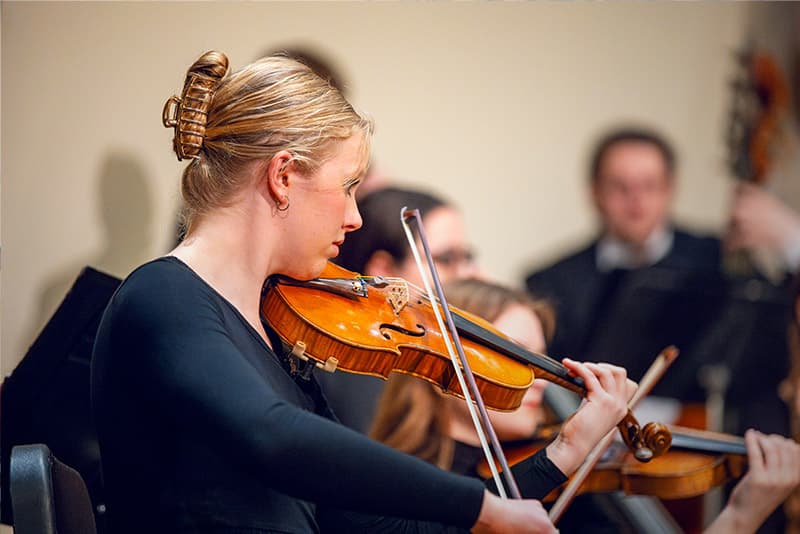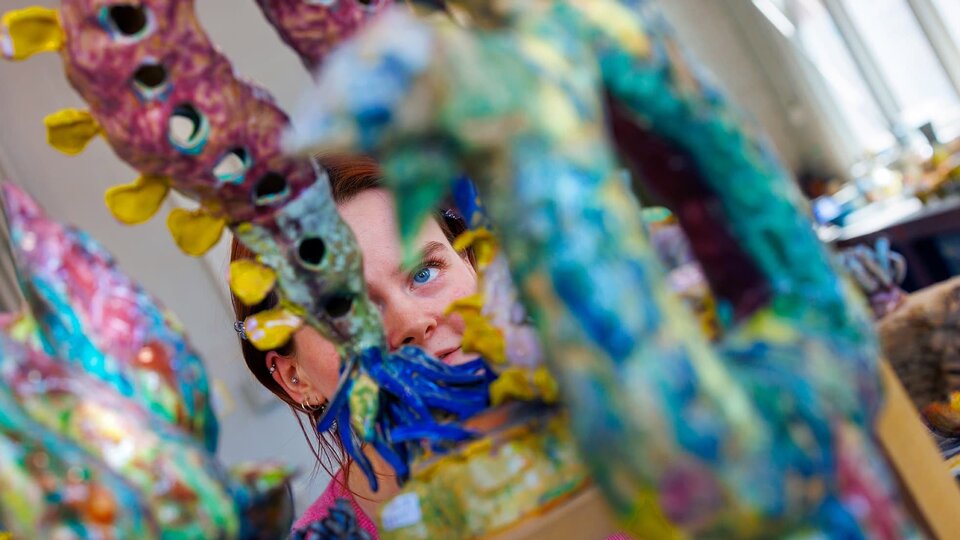about the school
Through our globally renowned arts programs, a Big Ten college experience and a tight-knit community of creative and collaborative students, staff and faculty, the Hixson-Lied College of Fine and Performing Arts strives to ensure that every Husker is given the tools, connections and experiences they need to thrive. Nestled in our own unique corner of campus—the Arts Quadrangle—life as a student in the Hixson-Lied College of Fine and Performing Arts is an immersive experience on all levels, inspiring Huskers each day to do big things.
It’s All Happening Here
Through creativity and collaboration, we’re building a rich community of artists at Nebraska.
learn more about the college:



